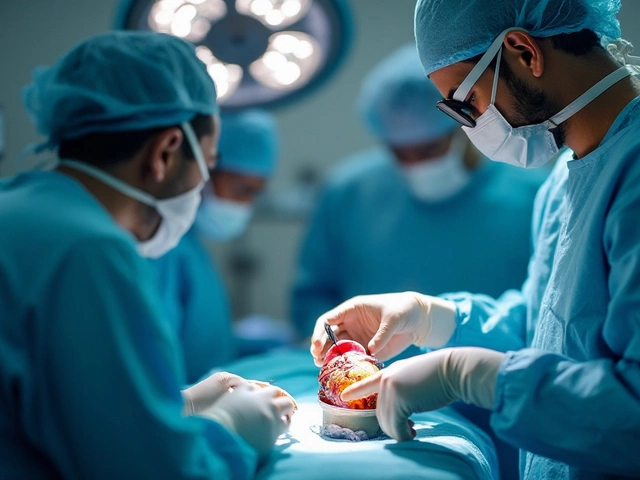First Cycle IVF: What to Expect and How to Boost Success
Thinking about starting IVF can feel overwhelming. You might wonder how much it will cost, what medicines you’ll take, and whether the first cycle will work. Let’s break it down so you know exactly what’s coming and how to give yourself the best shot.
Preparing for Your First IVF Cycle
Before any injections, your clinic will run blood tests, an ultrasound, and a sperm analysis. These numbers help the doctor pick the right medication dose. Expect to schedule at least three appointments in the first two weeks – one for the initial work‑up, one for a hormone check, and a final one to sign the consent forms.
Cost is a big question. In India, a typical first‑cycle package ranges from ₹1.20 lakhs to ₹1.80 lakhs, depending on the clinic, drugs, and any extra procedures like embryo freezing. Ask the clinic for a detailed breakdown so you aren’t surprised by hidden fees.
Nutrition and lifestyle matter too. Cut back on caffeine, quit smoking, and aim for a balanced diet rich in protein, whole grains, and leafy greens. Even a short walk each day can improve blood flow to the ovaries, which helps egg quality.
Boosting Your Chances of Success
Medication is the core of IVF. You’ll start with hormone‑triggering shots to stimulate the ovaries, followed by a “trigger” injection to mature the eggs. Timing is crucial – the clinic will tell you exactly when to come in for egg retrieval, usually 34‑36 hours after the trigger.One of the most common myths is that a higher number of eggs guarantees success. In reality, quality trumps quantity. If you’re over‑ or under‑responding, the doctor may adjust the dose in the next cycle.
Emotional support is often overlooked. Talk openly with your partner, join an IVF support group, or see a counselor. Stress hormones can affect implantation, so finding ways to relax – meditation, yoga, or a favorite hobby – can make a real difference.
After embryo transfer, you’ll get a short course of progesterone to support the lining. Most clinics ask you to rest for a day or two, but gentle movement like short walks is okay. Avoid heavy lifting, hot tubs, and alcohol during this window.
Finally, be ready for the outcome. About 30‑35% of fresh first‑cycle transfers result in pregnancy for women under 35, and the rate drops with age. If the first cycle doesn’t work, don’t lose hope. Many couples achieve success on the second or third try, especially after fine‑tuning medication and lifestyle.
Bottom line: know the steps, plan your budget, take care of your body, and lean on a support network. With a clear plan, the first IVF cycle becomes less scary and more manageable, giving you a solid foundation for a happy, healthy outcome.





